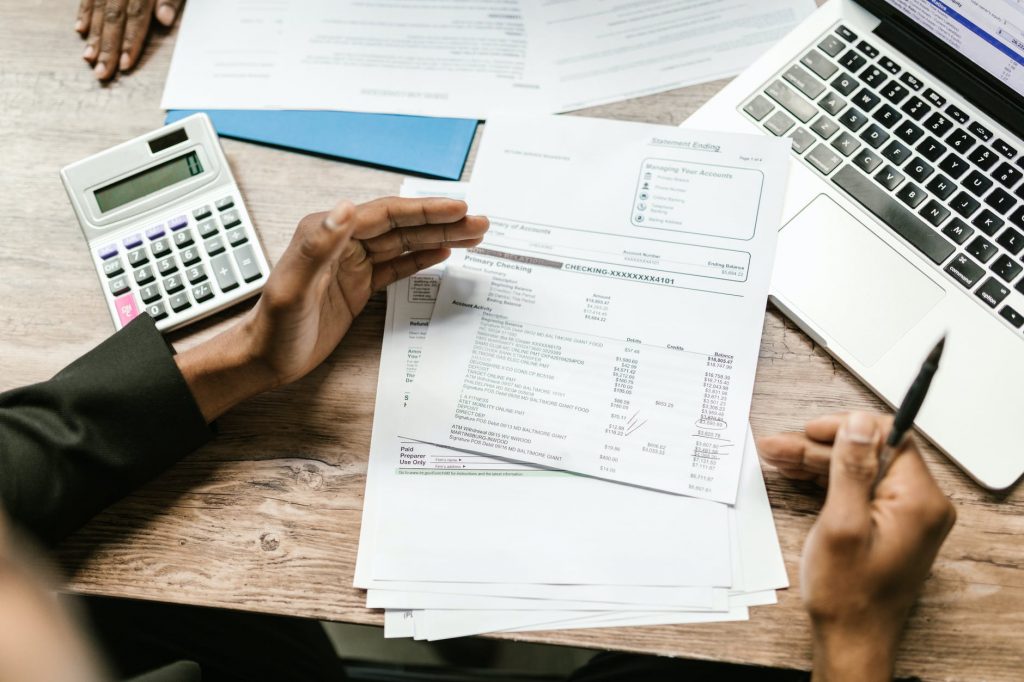The Daily Routine of a Forensic Accountant: Uncovering Financial Fraud
2 min read
As financial crimes continue to rise, the demand for forensic accountants has increased significantly. Forensic accountants are trained professionals who use their expertise in accounting, auditing, and investigation to uncover financial fraud and provide evidence for legal proceedings. In this blog post, we will explore the daily routine of a forensic accountant and the skills required to excel in this field.
- Conducting Investigations
Forensic accountants spend a significant amount of time investigating financial transactions and records to identify fraudulent activities. They analyze financial statements, bank records, and other financial documents to uncover discrepancies, irregularities, and inconsistencies. They also interview witnesses and suspects to gather information and evidence.
- Analyzing Data
Forensic accountants use various tools and techniques to analyze financial data and identify patterns that may indicate fraudulent activities. They use software programs to detect anomalies in financial transactions and identify potential red flags. They also use statistical analysis to identify trends and patterns that may be indicative of fraudulent activities.
- Providing Expert Testimony
Forensic accountants often provide expert testimony in legal proceedings related to financial fraud. They present their findings and conclusions to judges, juries, and other legal professionals in a clear and concise manner. They also provide recommendations on how to prevent future fraud and improve financial controls.
- Collaborating with Other Professionals
Forensic accountants often work closely with other professionals, including lawyers, law enforcement officials, and other forensic specialists. They collaborate to gather evidence, analyze data, and develop strategies to uncover financial fraud. They also provide support and guidance to other professionals involved in the investigation.
- Staying Up-to-Date with Industry Trends
Forensic accountants must stay up-to-date with industry trends and changes in regulations and laws related to financial fraud. They attend conferences, seminars, and training sessions to enhance their skills and knowledge. They also read industry publications and participate in professional organizations to stay informed about the latest developments in the field.
In conclusion, forensic accountants play a critical role in uncovering financial fraud and providing evidence for legal proceedings. They use their expertise in accounting, auditing, and investigation to analyze financial data, identify patterns, and provide expert testimony. To excel in this field, forensic accountants must have strong analytical skills, attention to detail, and the ability to work collaboratively with other professionals.

